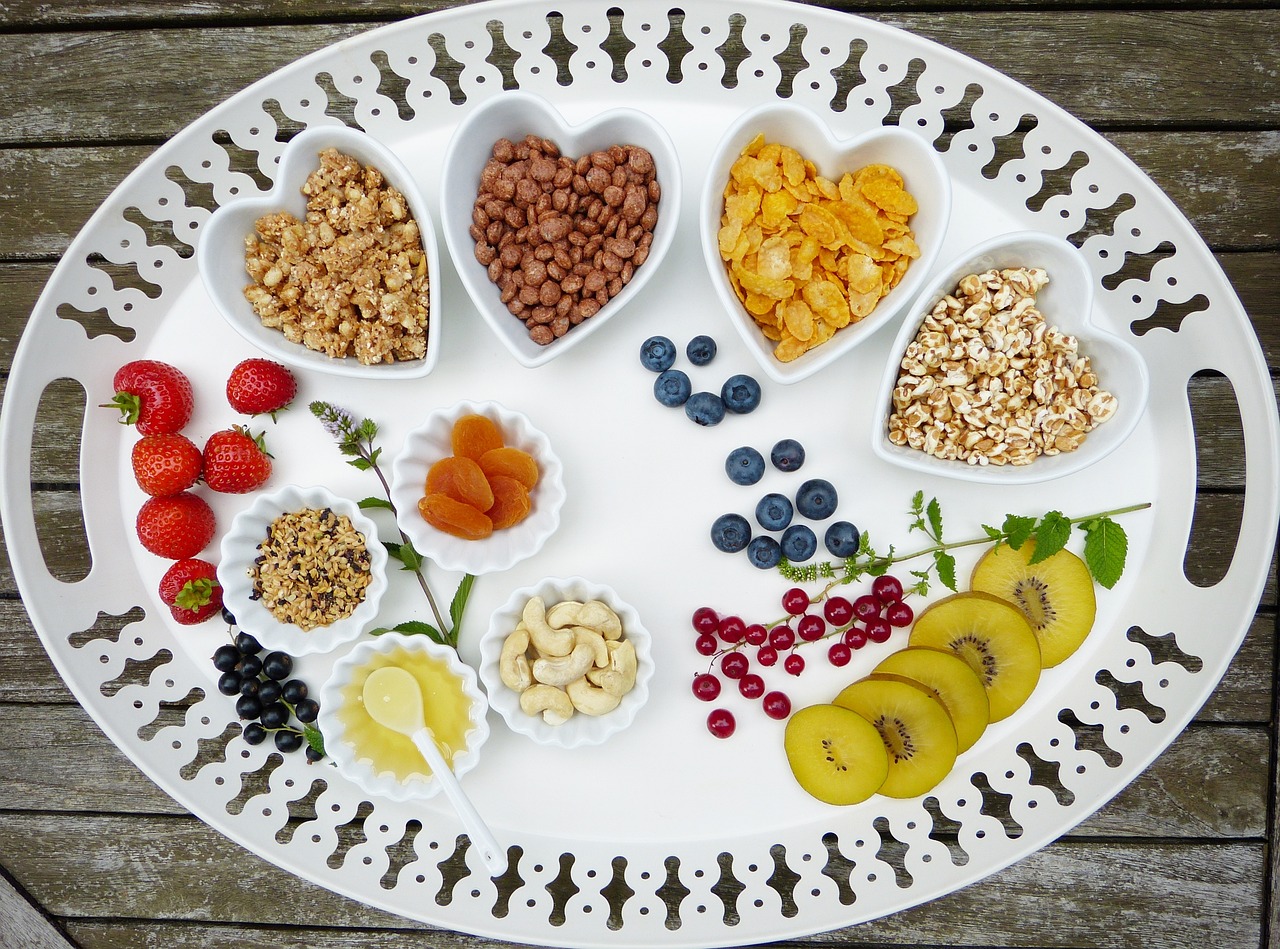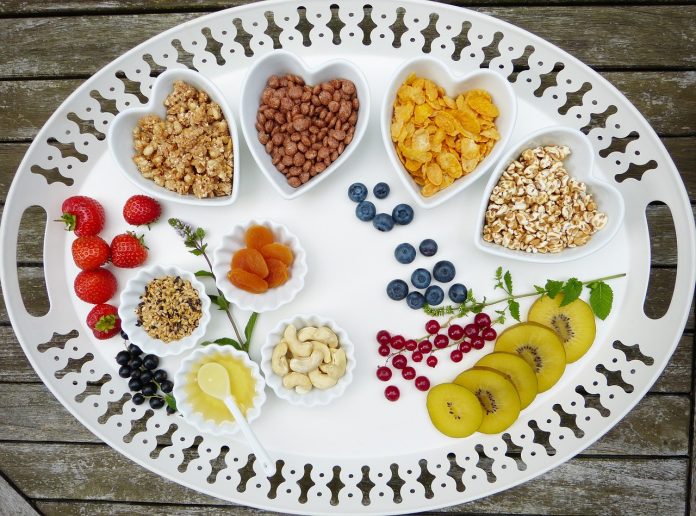The World Health Organization (WHO) and the Food and Agriculture Organization (FAO) of the United Nations recently issued a joint statement to clarify what constitutes a healthy diet. Their recommendations underscore the importance of consuming whole foods like fruits, vegetables, and unsaturated fats, while minimizing the intake of red meat and ultra-processed foods. Here’s an in-depth look at five essential indicators of a healthy diet:
- Carbohydrates: The Body’s Primary Energy Source
Carbohydrates are critical for fueling the body and brain. According to the WHO and FAO, carbohydrates should account for 45-75% of your daily caloric intake. Prioritize complex carbs from whole grains (like oats and rye), fruits, vegetables, and legumes. Adults are advised to consume at least 400 grams of fruits and vegetables daily.
Dietitian Michelle Routhenstein emphasizes that adults need at least 130 grams of carbs daily to maintain proper brain function. Fiber, a type of carbohydrate, is equally important, with experts recommending a daily intake of at least 25 grams. Fiber-rich foods like vegetables, legumes, nuts, and seeds support heart health and regulate blood sugar levels.
- Fats: Essential for Cell and Brain Health
Despite their bad reputation, fats are vital for hormone production, brain function, and nutrient absorption. WHO and FAO guidelines suggest that 15-30% of daily calories come from fats, primarily unsaturated ones.
Good sources of omega-3 fatty acids, like salmon and walnuts, and omega-6 fatty acids, found in sunflower seeds and almonds, are recommended. Nutritionists advise incorporating healthy fats from avocados, seeds, and nuts to maintain healthy cholesterol and blood pressure levels.
- Proteins: The Building Blocks of Life
Proteins play a crucial role in building muscle, producing hormones, and supporting immunity. The WHO and FAO recommend 10-15% of daily calories come from proteins, favoring plant-based sources like legumes, nuts, and seeds for cardiovascular benefits.
For older adults, experts suggest higher protein intake to maintain muscle mass and bone health, recommending 1–1.2 grams of protein per kilogram of body weight. Lean poultry, fatty fish, Greek yogurt, and soy-based products are excellent protein sources.
- Avoid Ultra-Processed Foods

Ultra-processed foods, such as packaged snacks and fast food, are high in salt, sugar, and additives, which can lead to chronic diseases. The WHO advises limiting sodium intake to 2 grams per day (approximately 5 grams of salt) and reducing free sugars to under 5-10% of daily calories.
To identify ultra-processed foods, check labels for artificial flavors, colors, or preservatives. Instead, opt for whole, minimally processed foods to reduce the risk of heart disease, cancer, and cognitive decline.
- Limit Red Meat Consumption
The statement strongly advises against regular consumption of red meat, including pork and beef. Evidence links red meat to colorectal cancer, type 2 diabetes, and cardiovascular issues. Instead, prioritize lean proteins and plant-based alternatives.
Nutritionists highlight the importance of focusing on what to include rather than exclude. By incorporating more fruits, vegetables, whole grains, and healthy fats, you can enhance your diet’s overall quality without feeling deprived.
A healthy diet is about balance and intentional choices. By prioritizing nutrient-dense foods and minimizing harmful ones, you can significantly improve your overall health, longevity, and quality of life.



